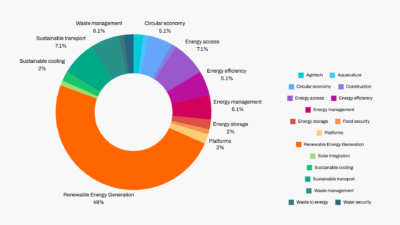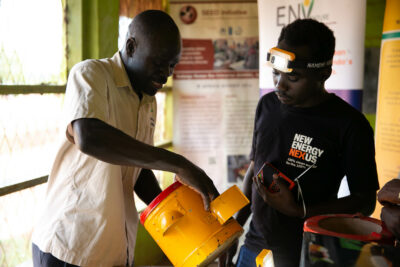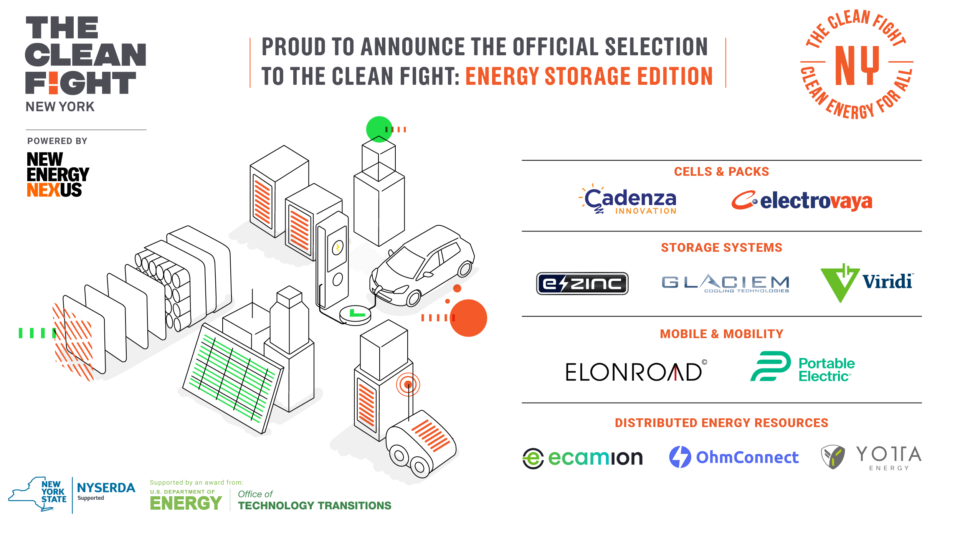Japan has long been recognized as a global leader in precision engineering and advanced manufacturing. Yet in the race to decarbonize, its climate tech startup ecosystem is only beginning to accelerate. While government support is growing and university spinouts are gaining traction, Japanese climate innovators often face a key barrier: access to international markets, capital, and deep networks to support their growth.
At the same time, the U.S.—and California in particular—remains a global hub for climate innovation. With its dense investor networks, policy leadership, and cutting-edge R&D institutions, California offers fertile ground for scaling climate technologies that can help the world meet net-zero goals.
To unlock this potential, New Energy Nexus, Third Derivative, and Japan Energy Fund have partnered with JETRO to launch the Global Startup Acceleration Program (GSAP). This initiative is more than an exchange—it’s a bridge between two ecosystems with complementary strengths. By bringing Japan’s deep tech ingenuity into conversation with California’s fast-moving entrepreneurial culture, we aim to accelerate climate solutions that the whole world needs.
Below, meet 10 startups selected for the inaugural GSAP cohort. Each brings a unique approach to decarbonization—from fusion to algae, electronics to rare metal recycling. Together, they represent a new wave of Japanese climate innovation ready to go global.
Meet the Startups

The inaugural GSAP cohort of startups.
Planet Savers
Planet Savers is Japan’s first Direct Air Capture (DAC) startup, spun out of the University of Tokyo. They’re developing a scalable CO₂ adsorbent-based DACCU system, aiming to lower capture costs to around $100–400 per ton. The team recently secured a significant NEDO grant to pilot their high-efficiency DAC technology, supporting their goal to “halt climate change and leave a beautiful Earth for the next generation.”
miibio
miibio develops light-switchable protein technology that allows precise optical control of biological processes. Based in Tokyo and rooted in synthetic biology research from the University of Tokyo, the company is commercializing this technology for use in research reagents and biomanufacturing, offering greater control over protein behavior.
Aqua Theon
Aqua Theon creates seaweed-based biomaterials for use in food, packaging, and medical products. By working with marine biomass, the company is developing renewable, circular alternatives that reduce reliance on conventional plastics.
Helical Fusion
Helical Fusion is working on fusion energy systems with new reactor designs aimed at delivering safe, scalable, and low-carbon power. The company’s approach focuses on making fusion a practical part of the future energy mix.
Rhinoflux
Rhinoflux develops bioenergy systems that capture carbon while generating power. By extracting CO₂ from biomass, their technology enables simultaneous energy production and carbon removal—useful for industries seeking low-emission, resilient energy solutions.
Atierra
Atierra uses microalgae bioreactors to remove atmospheric CO₂. Their systems convert carbon into algal biomass, offering a biotech-driven, nature-based approach to climate mitigation at scale.
E‑Thermo / Gentek
E‑Thermo Gentek captures industrial waste heat and converts it into electricity using thermoelectric technology. Their systems help industries recover energy that would otherwise be lost, improving efficiency and reducing emissions.
Emulsion Flow Technologies
Emulsion Flow Technologies provides rare metal recycling for batteries and electronics. Their proprietary emulsion process enables the recovery of valuable materials in a more sustainable way, contributing to circularity in fast-growing supply chains like EVs.
Sun Metalon
Sun Metalon integrates CO₂ reduction into metal recycling processes, with the goal of lowering emissions in heavy industry. Their approach combines carbon capture and resource reuse to support more sustainable industrial practices.
Elephantech
Elephantech manufactures printed circuit boards (PCBs) using a metal inkjet printing process. Their additive method cuts down on material waste and lowers environmental impact, offering a more efficient path for electronics production.
About the Program: JETRO Global Startup Acceleration Program (GSAP)
Co-hosted by New Energy Nexus, Third Derivative, and Japan Energy Fund, JETRO’s GSAP program supports 10 Japanese climate tech startups through a multi-phase program:
June (Tokyo Kick-off): Orientation, mentorship, and peer learning to shape business models and go-to-market strategies.
July–September (Virtual Acceleration): Group sessions and one-on-one mentoring with investors and industry leaders to refine pitches and partnerships.
October (US Immersion Week): In-person programming in San Jose, including curated business meetings, investor matchmaking, and participation in the VERGE Climate Tech Conference.
Nov 2025–Early 2026 (Follow-up Support): Ongoing mentoring and strategic guidance to deepen market entry, secure partnerships, and scale growth.
By building long-term connections between Japanese founders and global innovation ecosystems, the program aims to catalyze real, scalable climate impact.
Stay tuned as we follow these founders on their journey—from Tokyo labs to California boardrooms—and help usher in the next generation of global climate solutions.

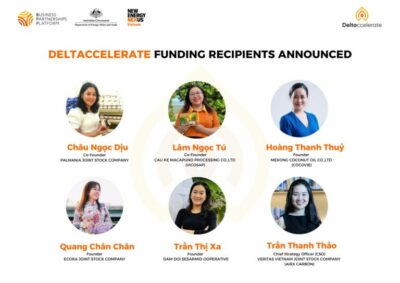
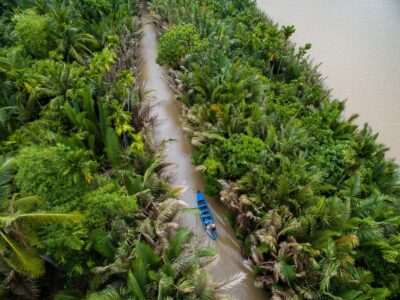
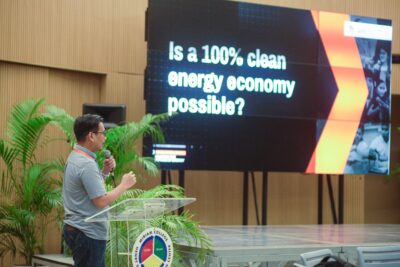
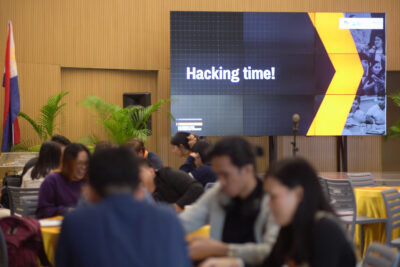
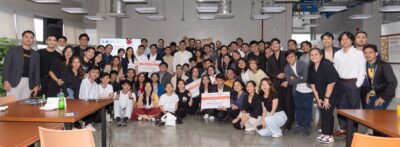
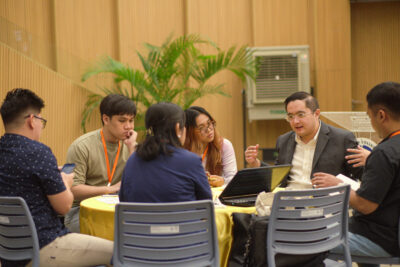
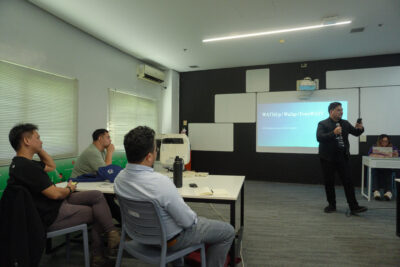
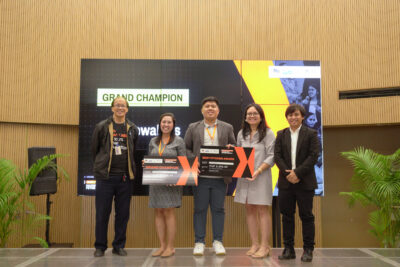
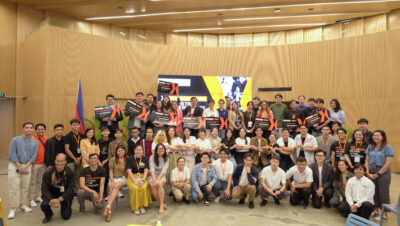

![3ge first winner of nex's indonesia [re]power energy policy hackathon 00](https://www.newenergynexus.com/wp-content/uploads/2024/09/3GE-first-winner-of-NEXs-Indonesia-REPower-Energy-Policy-Hackathon-00-400x267.jpg)
